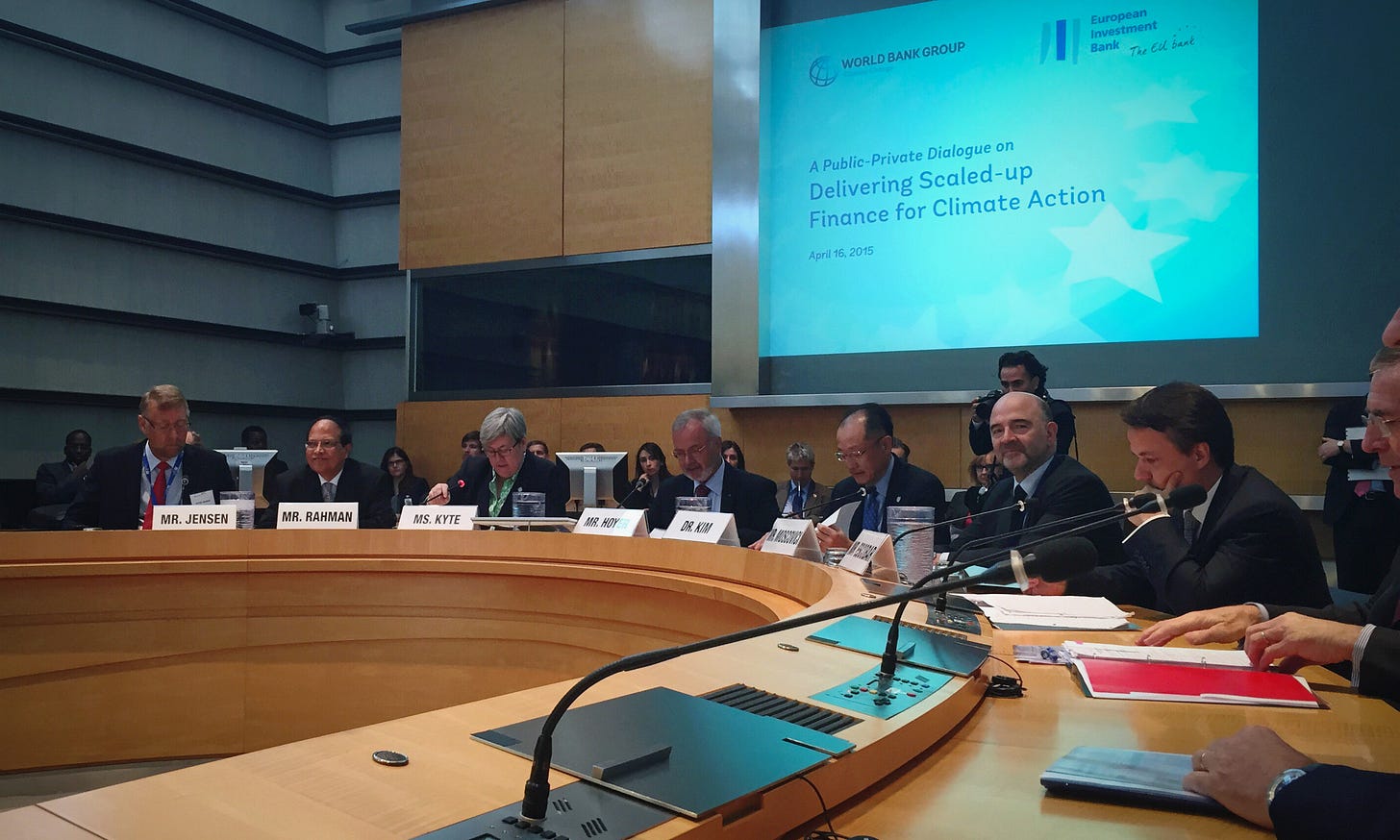Big Questions for a New Diplomacy
Earth Intelligence interview with Rachel Kyte
In a recent episode of the Earth Intelligence podcast, Rachel Kyte—Dean of the Fletcher School at Tufts University, and a former World Bank Vice President and Special Representative of the UN Secretary-General for Sustainable Energy for all—shared her thoughts on some of the big questions and transformational challenges facing the next generation of diplomats.
Dean Kyte says “We are at an inflection point of transformation” and cites the following transformational challenges:
“deep inequality and the corrosive impact of that inequality on economic development”;
“a necessary sprint over the next 30 years into decarbonization,” and uncertainties that come with such rapid change;
“the possibility of discontinuous change, and tipping points, as we have worn down the carrying capacity of the planet”;
“existential threats in terms of bioweaponry and cyberterrorism and the new ways in which technology can harm us”;
“an existential threat in nuclear proliferation”;
“existential threats from zoonotic pandemic diseases, because this won’t be the last one.”
This interview is part of a wider conversation people are having around the world, about how to achieve the appropriate model for international relations in a time when we face so many converging crises, the need for science-based decision-making, and the technical and administrative complexity of global supply chains.

I asked her whether success in this century depends on including people who have not been included before. She responded with the very important insight that:
When you have different perspectives in the room, in a team, that team will make different, if not better risk-based decisions.
This has deep implications, she notes, for gender politics, race, ethnicity and inclusion. It applies to board rooms of companies and financial institutions, and to the cabinet of a parliamentary democracy. It also has implications for diplomacy. We need to draw from a wider cross-section of the population, she explains.
To listen to the full interview, go to Earthintel.org/ep017
Subscribe to Earth Intelligence for free on your favorite podcasting service by visiting Earthintel.org

